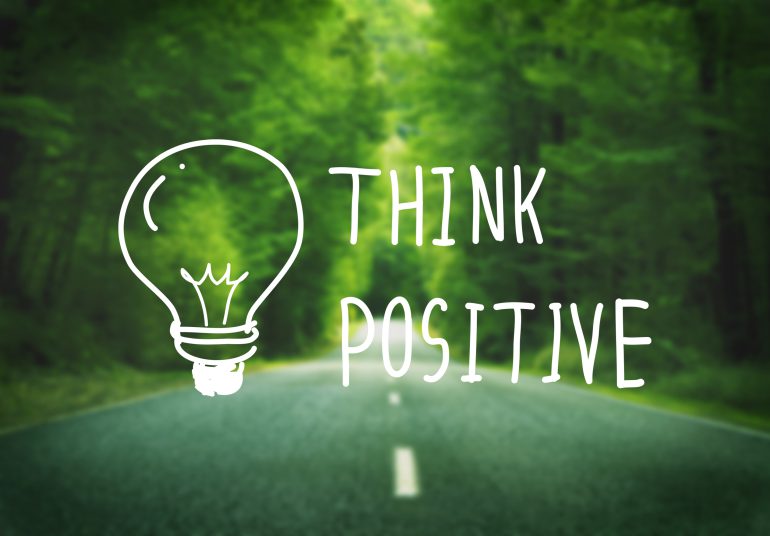Humans have a natural tendency to be drawn toward negative news, a phenomenon deeply rooted in our evolutionary history. This predisposition, known as “negativity bias”, has played a crucial role in our survival, honing our instincts to be alert to potential dangers. It activates our defence mechanisms, priming us for physical and mental action in response to perceived threats. This innate bias explains our inclination to consume more bad news than good or neutral news, despite the potential for increased stress levels. Maybe that’s why approximately 15% of Dutch people harbour pessimistic views for the future.
But what exactly is casting shadows over the spirits of the Dutch? Let’s dive into the heart of their concerns.
Poverty misconception
A common misconception among the Dutch is the belief that poverty is on the rise within the country. Contrary to this belief, economist Peter Hein van Mulligen points out that the poverty rate in the Netherlands has actually decreased in recent years. While one could argue that Van Mulligen’s perspective is overly optimistic, data shows that the poverty rate has at least remained stable, contradicting predictions of an increase. Specifically, the poverty rate was expected to rise to 5.7% in 2023, but has instead maintained its 2022 level of 4.8%. Furthermore, the European Union projects that the percentage of Dutch families with children living in poverty will decrease from 6.2% in 2023 to 5.1% in 2024, counter to prior forecasts of a rise to 7.0%.
Inflation and purchasing power
Despite the perception that life has become more expensive, inflation rates are on a downward trajectory. From a peak of 4.1% in 2023, inflation is anticipated to decrease to 2.9%. Moreover, a glance at the recent budget reveals that, on average, the purchasing power of Dutch citizens has improved, showing a 1.7% increase from 2022.
Unemployment and employment opportunities
According to data, the Dutch labour market remains strong. In fact, continuing labour shortages have given employees the upper hand when negotiating salaries.
So yes, the world is grappling with monumental challenges, from global conflicts and climate change to local issues like the nitrogen debate and housing woes. Yet, amidst these trials, there are reasons for optimism: declining inflation, fewer people living in poverty and an overall increase in purchasing power. And despite the social polarisation that seems rife, especially on the internet, most people are actually very nice once you get to know them. If you need more convincing, read Dutch historian and author Rutger Bregman’s book Humankind: A Hopeful History.
So, while it’s in our nature to dwell on the negative, let’s not forget the power of perspective. As the Dutch landscape awakens to the promise of spring, with longer, warmer days and brighter skies, we’re reminded of the enduring cycle of renewal and hope. It’s a perfect moment to shift our gaze, to celebrate the progress and positive developments unfolding around us. Amidst the complexities of life, there’s a simple choice available to us: to linger in the shadows or to embrace the light. As the Dutch story unfolds, it’s clear there are plenty of reasons to smile, hope, and relish everything that makes life good. Let’s make the choice to focus on the brighter side, enjoying the beauty and opportunities while they last.
Written by Priyanka Sharma
